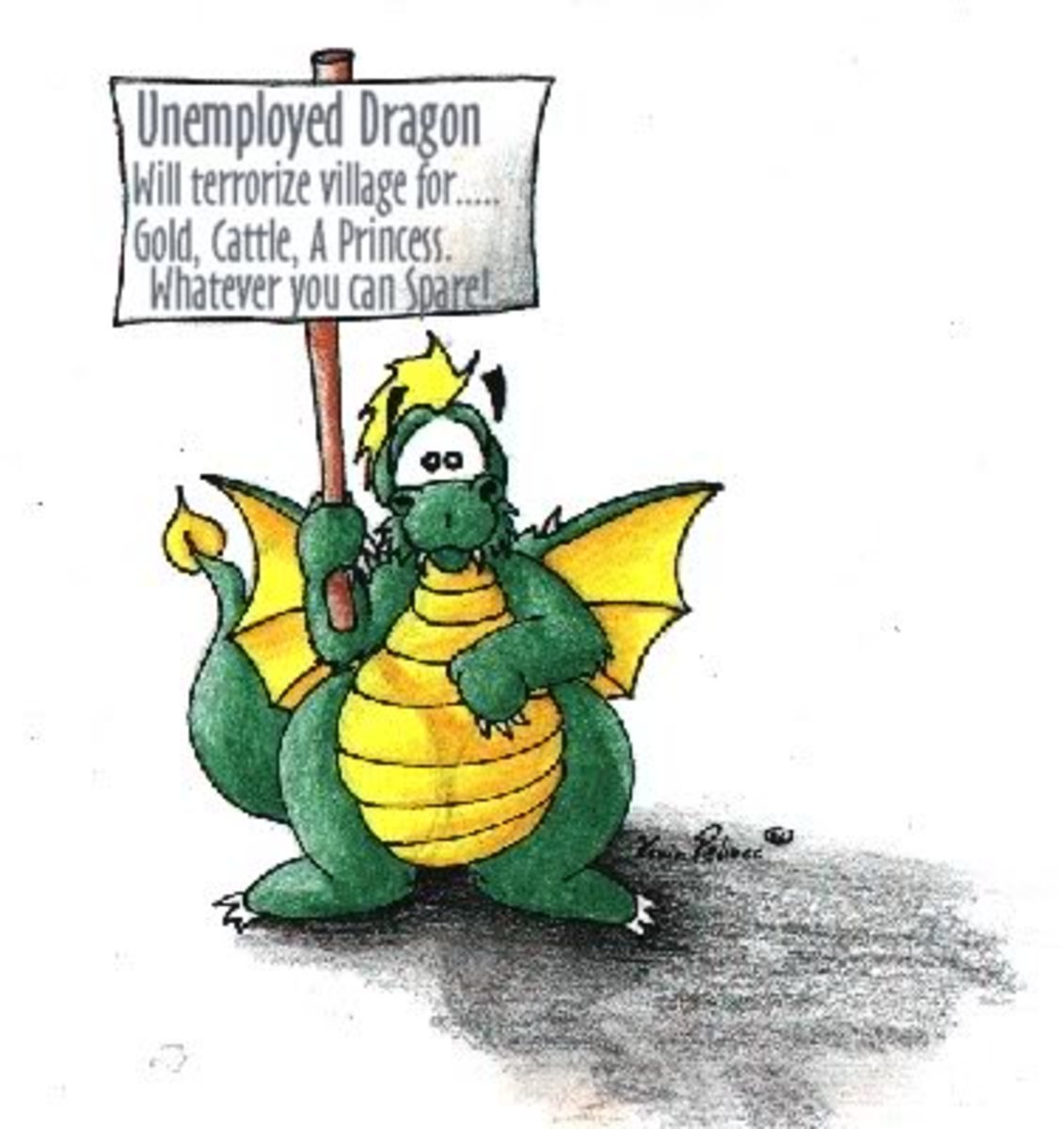Why do employees leave? Steps employers should take to reduce attrition during the Covid-19 pandemic scenario
A question for employers: What do you think your employees want the most at work? A probable answer to this would be salary and perks. While it may be true to some extent, but more than any of these, “happiness factor” for employees depends more on trust, fairness and respect. It is said that money is the biggest motivator, but the need for recognition and the feeling of belonging are hygiene factors, which if absent, cause employees to leave or switch their jobs.
Other Articles by this Author:
What motivates you the most as an employee?
There are few things that employers should take care of in order to keep their employees on board.
1. A Fair Treatment: We know life is not fair; employees don’t want their managers to make it harder than it already is. They hate preferential treatment and expect to stand equal chance to be promoted & get a raise.Performance should be the basis for appraisals & promotions & not anything else. Managers or bosses should always be wary of sycophants and ensure an unbiased attitude towards all members of their team.
2. Share Responsibilities:Employees want to be a part of the bigger picture. They want to offer ideas too. Denying them the opportunity to offer suggestions & participate in the decisions directly affecting them would only inculcate a feeling of indifference in them
Let your employees take ownership of their work. Be flexible with the processes, let your employees offer suggestions. This would create a feeling of ownership among them & make them more responsible.
3. Job security: In order for employees to give their 100% the employer should give them an atmosphere conducive for performance. They should not be under a constant threat of losing their job, if they fall short of their targets. They need a steady income to support their families; otherwise it may have a negative impact on their performance at work. This becomes even more important in the current situation the Covid-19 pandemic.
4. Personal life: For entrepreneurs, work is life. However, it may or may not be the case with the employees; they think of their family and friends above work. Balancing a career and life beyond office is a complex task.
Respect their private lives because they are human beings, just like you. Evaluate things you expect from them and offer whatever help you can to help them achieve the same. A little help from employer could mean a lot to the employees.
5. Attention: Just by providing employees the control of what they strive for does not mean they don’t want your valuable guidance. Interacting with them every now & then would not hurt your schedule much. Ask them how things are going and find out what’s going on the work front. Attention is human dimension of supervising. Traditional annual reviews usually don’t work. There is no way to improve something you get to know once a year.
Just like preventive maintenance keeps the machines running properly and prevents work being halted & saves repair costs. The same way interacting with employees every now & then would not only go a long way in preventing errors but would also keep the employees motivated and in sync to their work.
6. Compensation: At the end of the day salary is what you work for. Attrition has become a trend in the modern corporate world. Therefore it is always good to offer salaries over and above what the industry norm is. Every corporate spends a considerable amount of money on hiring & recruitment and offering good salaries to keep them from switching jobs would actually help you cut costs in the long run as salary is one of the prime reasons for employees to switch jobs. While a lot of organisation across the world are looking at cutting expenses by way of reducing salaries and overheads, it is imperative that this is kept as a last resort. If salary cut becomes inevitable, employers should make every effort to keep it to the minimum and try to soften the blow by changing salary structure and reduce tax burden on the employees, wherever possible. This will result in reducing the impact of salary cut on the take home salary of the employee and also send a message to the the employees that their organisation cares about them.
7. Recognition: The definition of recognition may vary from person to person. For some it could be money, for some it could be the profile and for some it could be just a pat on the shoulder & for some others it could be being heard & given a chance to voice their concerns. Being recognized not just gives a sense of belonging but also makes employees more passionate about their work.
8. Flexibility: Research shows that employees are often more productive in their work when they are able to balance work with other aspects of life. It is advisable that the small demands of employees like leave etc. be dealt with flexibility.
The traditional 8-hour workday may soon be passé. Companies are now offering their employees flexible work schedule, telecommute and work-from-home options. This really makes good business sense, as it beneficial for both the employee as well as the employer.
9. Transparency: Transparency in an organization is defined as the understanding and communication of the company’s principles, vision and values – which many employees are not aware of.
Employees want leaders who are transparent in their words as well as actions. Any communication in the organization should be open and honest. This encourages a better work environment and employees would feel that they have a better understanding of its operations.

Written By Atul Dahiya








